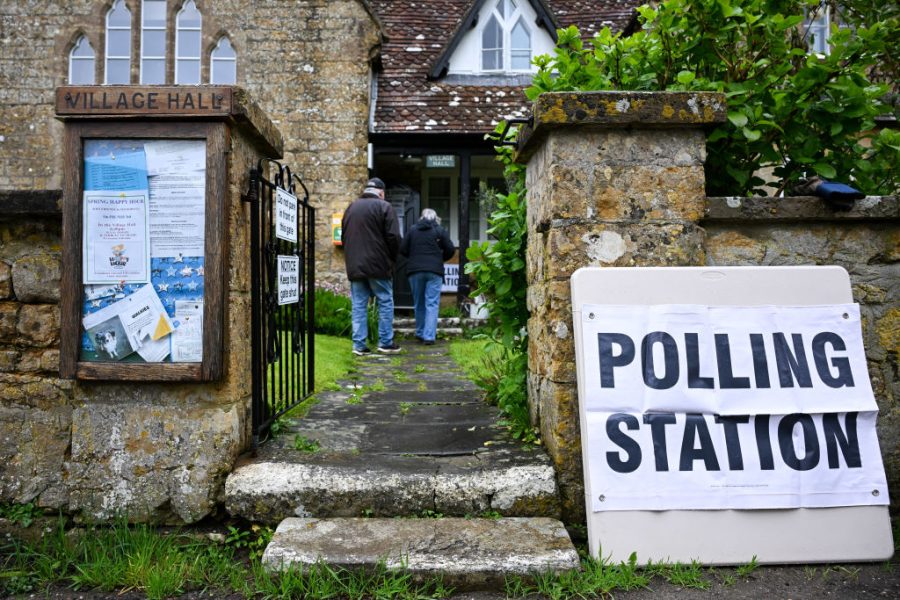Turkeys don’t usually vote for Christmas, so just why have 43 new Labour MPs signed up to the All Party Parliamentary Group (APPG) for Fair Elections and its campaign to replace the first-past-the-post system with proportional representation? These are, after all, the beneficiaries of the most distorted UK election in modern history, where Labour won one of the largest-ever majorities on just 34 per cent of the popular vote – a lower share than any post-war governing party. To underline just how lucky they were, it took 24,000 votes to elect each Labour MP in July, but 56,000 to elect each Conservative. The electoral system has started to treat the Tories even less favourably than the Lib Dems, who required 49,000 votes to elect each of their MPs.
All this relies on the conceit that the LibDems and their voters are at heart left of centre
It gets even more curious when you consider that the APPG on Fair Elections is run by a pressure group called Fair Vote UK, which was set up to try to pick holes in the result of the EU referendum in 2016. Its website seems to be preoccupied with Cambridge Analytica with no mention, say, of how the Treasury was drafted in to try to swing the vote in favour of Remain by spinning a cock and bull story of how the economy would shrink by 6 per cent and unemployment surge by 800,000 if we voted Leave.
Who would be the biggest beneficiaries if the APPG were to get its way and Britain had a PR system, where seats were apportioned on the basis of country-wide vote share? Why, Reform UK – formerly the Brexit party, the nemesis of diehard Remainers everywhere. In July, it took 824,000 votes to earn each of their five seats. Had the election been held under PR, and people still voted in the way they did, Nigel Farage would be leading a group of 93 Reform MPs.
Nevertheless, you can see some kind of logic in Labour MPs signing up for PR. Many of those elected for the first time in July will be aware that they are unlikely to hold their seats at the next election. At present it is hard to imagine Labour becoming more popular over the next five years than it was four months ago. At present, polls give it a lower share of the vote than it had in 2019 under Jeremy Corbyn. If you are a Labour MP sitting a small majority you might well come to the conclusion that your political career would be better served under PR – which would at least give you the chance of weaseling your way up the party list into a position where you could retain your seat.
Moreover, there is a belief among many on the Left that there exists a ‘progressive majority’ in Britain, which keeps getting frustrated by the first-past-the-post system. If you count up the votes for what the left might call a ‘progressive alliance’ formed of Labour, the Lib Dems and the Greens it would have won 54.8 per cent of the vote in 2024, and 50.1 per cent in 2019. The ‘regressive alliance’ formed of the Conservatives and Reform/Brexit party would have polled 38.0 per cent in 2024 and 46.8 per cent in 2019. Could PR give Britain a perpetual left-liberal-green government rather like the current German government (not that that is much of an example, given how it is imploding)?
All this relies on the conceit that the LibDems and their voters are at heart left of centre – when, of course, the one time in modern history when they have been in government was in a coalition with the Conservatives. It also relies on the assertion that people would continue to vote for the same party when they no longer had the opportunity to support or reject an individual candidate. Nor would PR guarantee victory for an imaginary ‘progressive alliance’ – in 2015 it would have lost to the ‘regressive alliance’ by 42.1 per cent to 49.4 per cent.
But you can see the reasoning behind Labour MPs. Whether the party leadership would want to sacrifice a system which has just given it an emphatic Commons majority is another matter.








Comments